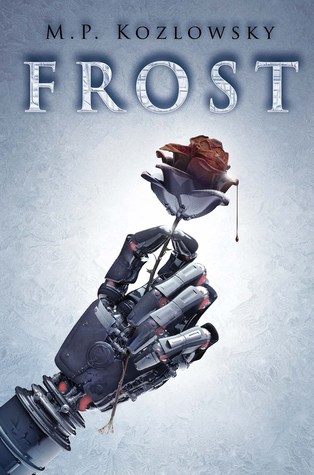 |
| Click to view on Goodreads |
When he transfers to James Ward, a Chicago public school, he finds out there’s a big difference at public school: the kids aren’t all Irish—in fact, they aren’t even all white. It isn’t long before Billy’s found a new best friend in Foster, another fifth grader who also doesn’t have any money, loves baseball, and just happens to be black.
Billy is pretty sure skin color doesn’t matter. Not when he and Foster are just horsing around, playing baseball, working on the docks of the canal, and building a raft at their secret hideout on Bridgeport’s Bubbly Creek. But in the Red Summer of 1919, it does matter.
Whew. I had no idea what I was getting into when I picked up Crossing the Line: I thought it was going to be a rather run-of-the-mill middle-grade novel about some kids who learn to be friends across color lines and defend their choices to the outside world (along the lines of Kristin Levine's The Lions of Little Rock). I suppose it did feature those topics, but there's so much more going on in Crossing the Line than just "crossing social boundaries."
The main character Billy learns some very hard truths over the course of the book. Truths like that some of his friends and family are racist. And that in 1919, with not enough money or jobs to go around, racism can rear its head in terrible, gruesome ways. He learns to walk a thin line, staying pleasant to his racist white friends and keeping distant from his black friends in public but spending all of his free time playing in the woods with his best friend Foster (who is black) and Foster's two older brothers. He hates hiding his friendship with the black boys, feels like a coward for pretending not to know them in public, but he grows to realize over time that by being "selfish" and protecting himself he's actually protecting them from all sorts of terrible things at the hands of the racists.
Belford has said that she decided to write Crossing the Line after gradually becoming aware of her own white privilege, and I definitely see that influence in the book. Billy is forced throughout the story to notice and despise all the ways, little and big, that the color of his skin grant him access to both places and freedoms that Foster isn't allowed. He goes from being nearly oblivious to the inequalities in his world to seeing them everywhere, and he struggles with feeling guilty and trying to find ways to help Foster and his brothers that don't put them in even more danger.
Billy's struggle to recognize, internalize, and prevent the evils of racism is the biggest focus of the book, but there are many other themes tied into the story that make it even more meaningful and thought-provoking. There are no absolutes in this book, no pure good guys and very few total bad guys. Billy's racist best friend Tommy seems like a monster when he's talking about "the blacks who steal our jobs," but he also comes from a deeply troubled, abusive home and has still been a wonderful friend to Billy in some of his most vulnerable moments (including when his da returned with debilitating shell-shock from WWI). Billy's da himself was a wonderful man on the race issue, teaching his children to respect people of all races, but he was also quite sexist: he didn't think his oldest daughter needed to go to high school because all a woman needed to know was how to cook and keep house. And don't even get me started on the policeman, the secretive Russian lodger, Billy's put-upon older sister Mary, and the myriad other side characters who are each drawn with their own nuanced personalities.
Honestly, I absolutely loved Crossing the Line. It's gritty and real and honest in a way that's still okay for younger readers. But that same grittiness and realness and honesty forces me to put a qualification on my recommendation of it: beware giving this book to the gentle children you know, because I promise it will upset (and possibly traumatize) them. There's a scene involving a puppy getting hit with a glass bottle that's not described in detail, but which could also be very upsetting for animal lovers. But once a kid is old enough, this is a book that they need to read. Honestly, I would say that this is a book that everyone needs to read at some point or another. It's definitely far and away one of the best books I've read this year–and that's really saying something.
Disclaimer: I received a complimentary copy of this novel from the publisher in exchange for an honest review.






